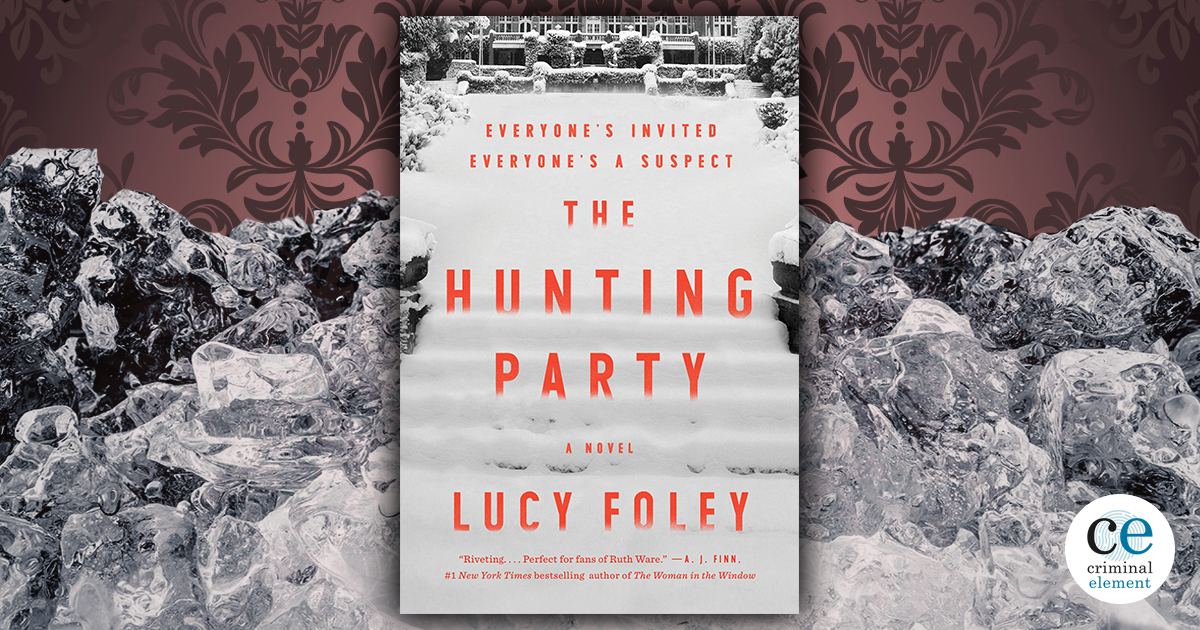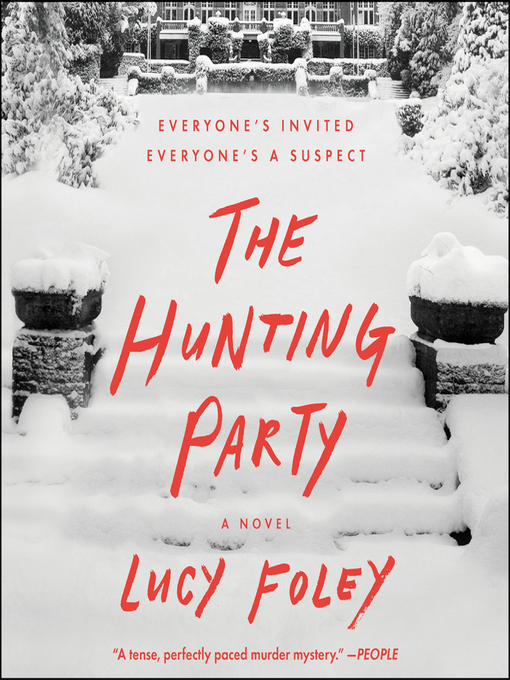
Those books were all in the atmosphere, but I didn’t base The Hunting Party on any of them. I think White’s a genius at building suspense and tension, and I took a lot of inspiration from her. I also read Isabel Colegate’s The Shooting Party and Ethel Lina White’s The Lady Vanishes. Were there particular books of hers that influenced you? Or other writers’ books?īy the time I began writing this book, I was terrified to read Christie, but I reread all my Agatha Christies while I was thinking about it. I wanted a modern Agatha Christie, and that desire led me to writing a thriller.Ĭhristie is everywhere in The Hunting Party. As a reader, I was looking for a modern take on the country-house murder mystery. Lucy Foley: I’ve always wanted to write books that I thought readers wanted, and the books that I myself wanted.

Lily Meyer: Why did you switch from historical fiction to crime? It’s a fitting tribute to Christie, and one she might have liked to read. The closed setting works beautifully, and the friends’ backbiting feels all too real. Not all its characters are well-realized, and its formal innovations are limited. The Hunting Party is a novel of privilege. It’s easy to imagine Miranda and Julien, the group’s alphas, vanishing from The Hunting Party and reappearing in Death on the Nile. Foley conjured Dame Agatha at every step in writing The Hunting Party, from choosing her setting to creating her respectable-but-awful group of Oxford grads.

In style and structure, this novel is as historical as it gets. The Hunting Party is a classic locked-door murder.

If you grew up on Agatha Christie, this might sound familiar.


 0 kommentar(er)
0 kommentar(er)
